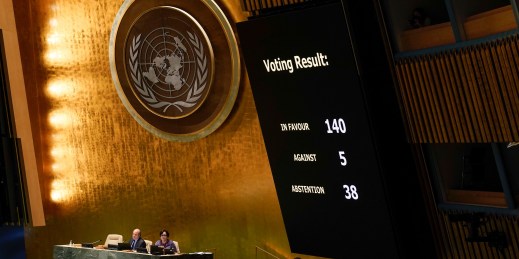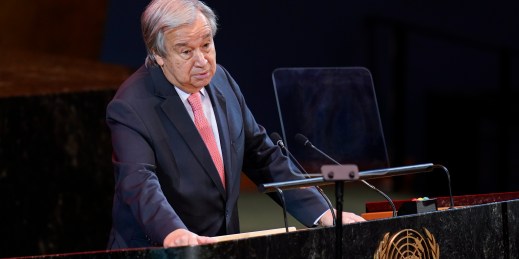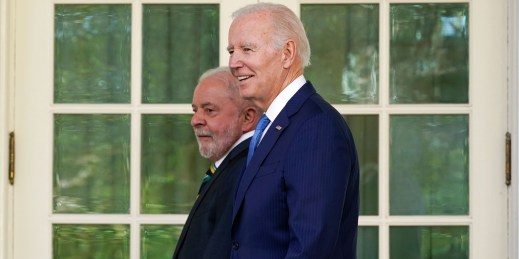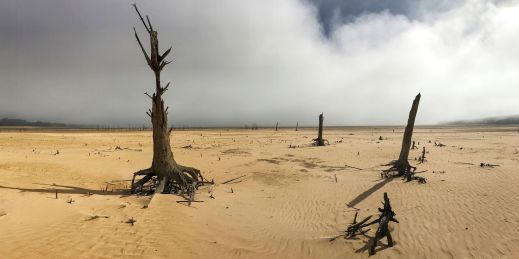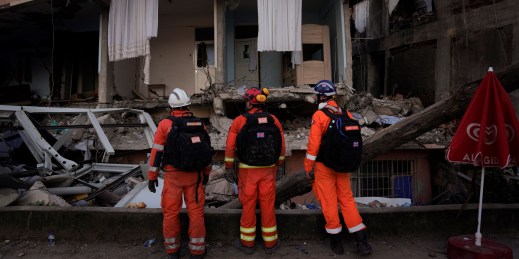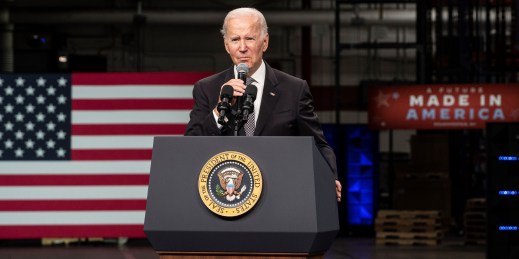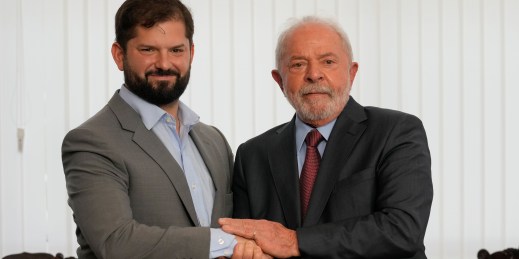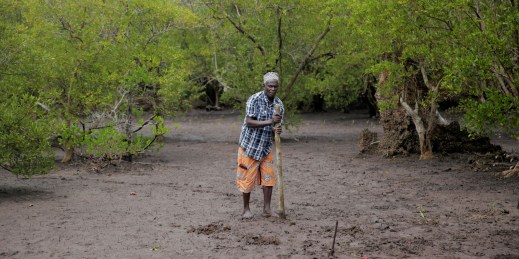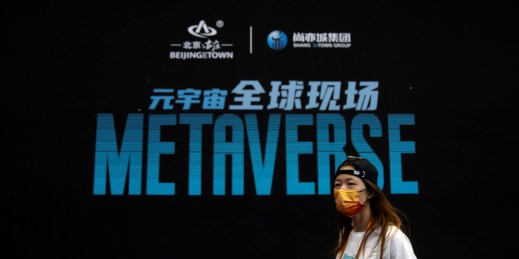
Since it caught the world’s attention several years ago, the metaverse has been driving technology developments, corporate rebranding and a search for killer applications that facilitate access to virtual worlds. And now, in the age of increasing decentralization and VR/AR, the metaverse is beginning to shape and influence geopolitics.

